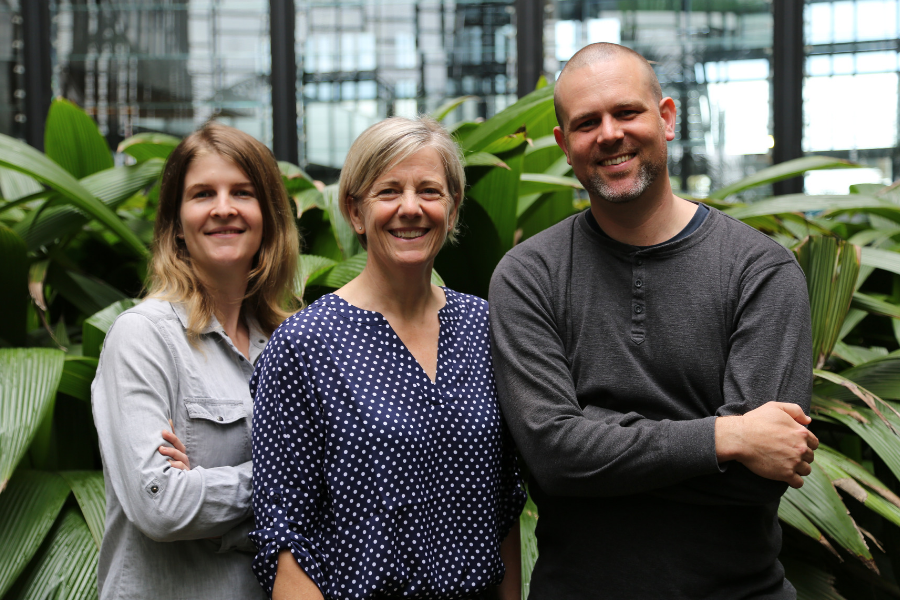RapidAIM, a company spun out of the CSIRO, has raised $1.25 million from Main Sequence Ventures to fund trials of its real-time fruit fly monitoring system.
Developed by researchers Dr Nancy Schellhorn, Darren Moore, and Laura Jones, the startup’s system uses low-powered smart sensors to detect insects such as fruit flies by their movements. The sensors in turn send this data to an app, with producers then able to get a real-time view of pests on their farms or in their region.
Dr Schellhorn said that while growers rely on the weather radar and take action accordingly, they have not, until now, had a pest radar to support them against the likes of fruit flies.
“Existing fruit fly monitoring relies solely on manual trap checking, which limits the scale and depth of available information and costs valuable resources,” she said.
“Our new technology can reduce the time spent checking traps by more than 35 per cent, and provides an immediate picture of fruit flies presence in specific locations to enable a rapid response for control.”
While many of us have joked about the fact that bringing fruit into Australia or from state to state is prohibited, the havoc that fruit flies can wreak on the agricultural sector is significant.
According to RapidAIM, US$30 billion of fruit and vegetable production is lost, and US$18 billion in global trade threatened due to fruit flies.
Detection of fruit flies in Tasmania earlier this year saw the state government budget $8 million to fight the pests in the financial year, while the federal government contributed $20 million.
Along with manual traps, the combating of fruit flies requires chemicals.
“Around the world, more than 900 million tonnes of insecticide is used to control insect pests every year, but 98 per cent reaches a target other than the intended destination. With RapidAIM technology, crop-protection products can be used in a more targeted way,” Dr Schellhorn said.
Dr Larry Marshall, chief executive of the CSIRO, said the startup’s technology will make a huge differences to growers around the world.
“Taking technology developed inside of CSIRO, turned into a new Aussie startup through our innovation program and the CSIRO Innovation Fund, is a great example of accelerating science solutions to deliver real-world solutions,” Dr Marshall said.
“As an accomplished scientist, entrepreneur, and now CEO, Nancy Schellhorn is an inspiration to our next generation of women STEM leaders.”
Image: Laura Jones, Dr Nancy Schellhorn, Darren Moore. Source: Supplied.




















Trending
Daily startup news and insights, delivered to your inbox.